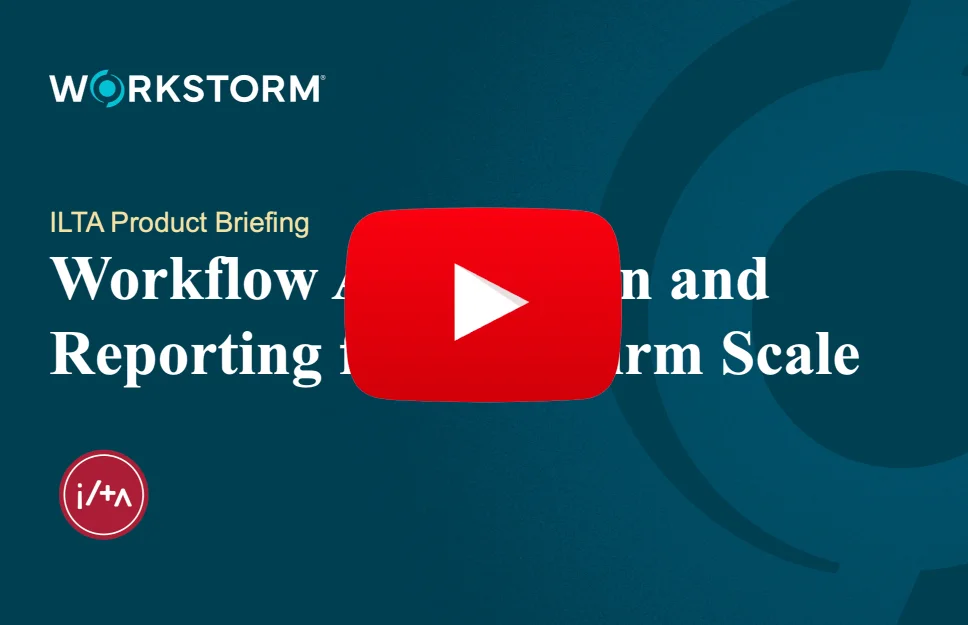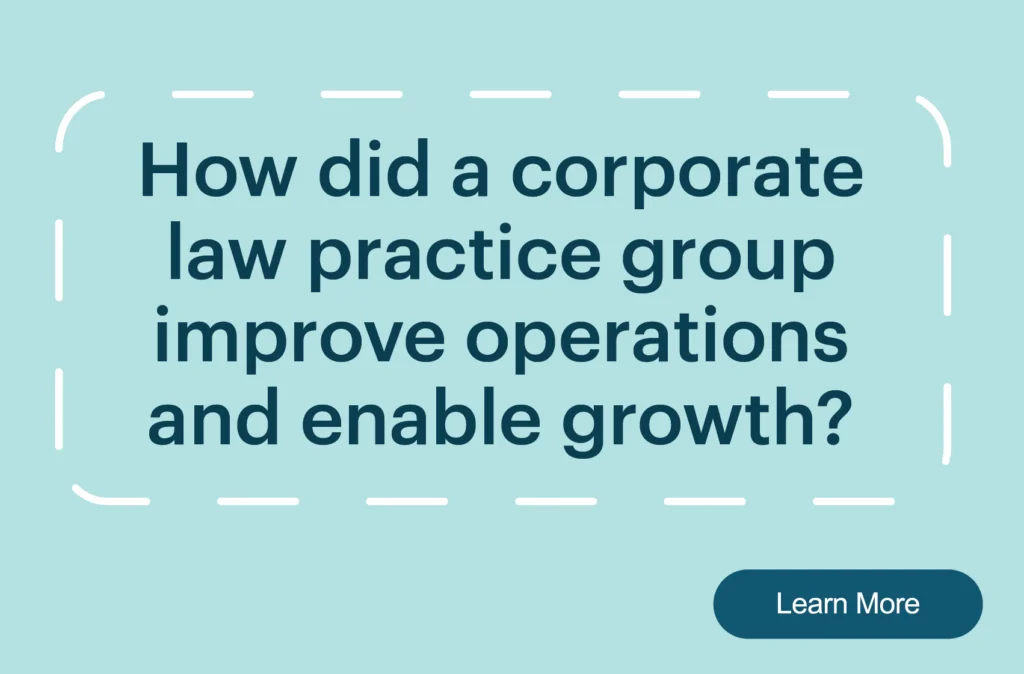Law firm IT teams often have concerns about the various ways in which the firm’s data could be compromised and lead to significant financial consequences and reputational damage.
Law firms manage highly sensitive and confidential information for their clients. Not surprisingly then, hackers continue to attack the legal sector. A survey, by Arctic Wolf and Above the Law, showed that 56% of respondents, who had reported their firm had a security breach, lost confidential client data. Additionally, law firms also face silent subpoenas, where business application providers are forced to quietly turn over files, emails, and any other law firm data existing on their servers.
In the post-pandemic, hybrid work environment, firms must continue to prioritize collaboration and productivity while protecting privileged information.
This article offers three ways a law firm can keep its data private while allowing practice groups to collaborate productively.
1. Limit Data Access with Secure Hosting Options
The more people who have access to a law firm’s data, the more ways that data can be stolen, shared, or otherwise compromised. If business application providers store a firm’s files, messages, or other data on their servers, they could be forced to surrender that data if subpoenaed or they could inadvertently leak it if those servers are breached.
Many law firms have migrated their business applications to the cloud, but it may not yet be the best option for every law firm. When it comes to collaboration platforms, almost all are exclusively sold as a cloud offering, limiting collaboration potential for those law firms who have not yet migrated to the cloud.
While on-premises deployments are necessary for firms that require the highest level of control, private cloud hosting is another option for security-minded firms. This hosting option offers control over a private environment with the flexibility of accessing data from cloud servers.
Key advantages of secure hosting:
- Reduces the number of external locations containing firm or client data.
- Safeguards the firm from silent subpoenas. A business application provider could be forced to turn over a firm’s information residing on their servers at any time. These scenarios are known as silent subpoenas because providers are also prohibited from informing the firm about what was shared. With secure hosting, firms can ensure that providers will never have anything to turn over: that data would never have been on their servers in the first place.
- Simplifies legacy systems integration. If a law firm uses calendar, email, or other systems developed over decades, an on-premises collaboration solution makes it much simpler to connect all systems securely.
2. Ensure Greater Compliance with Customizable Data Governance
The longer emails, files, messages, or other data exist digitally, the greater the exposure risk faced by a law firm. To minimize this risk, a firm should establish data retention and deletion policies that indicate within a certain timeframe which communications should be preserved or removed. Some firms may also designate a secure way of sharing documents and set compliance standards for monitoring communication activity.
Most collaboration tools are not designed with a law firm’s privacy and compliance needs in mind (including ways to apply a defensible legal hold over data), and offer little or no flexibility regarding data retention and deletion configurations. To help ensure compliance, some firms integrate third-party apps that provide greater customization beyond their collaboration platforms. However, these add-on apps may create unnecessary complications and increase costs for the IT team and business.
A better option is to consider a collaboration platform with customizable data governance features built in. This solution allows an administrator to customize when certain information is deleted as well as providing administrative monitoring capabilities. With Workstorm, for example, administrators can choose how long the platform retains different types of information by matter. Workstorm also integrates with leading document management systems, such as iManage, Microsoft OneDrive, Google Drive, and Dropbox, so that legal teams can efficiently manage matter and comply with document sharing policies.
3. Deploy Managed Channels and Centralize Internal and External Collaboration
Leading collaboration platforms were designed to break down communication silos. Significantly however, the legal industry has a need to preserve and create silos to protect client and privileged information.
Email is a common silo, but to fully optimize information governance practices, firms should allocate and manage collaboration channels segregated by matter, client, or type of information. This managed approach not only enables efficient, private communication and file sharing within each channel but also creates uniformity in information governance and compliance protocols across the firm.
Workstorm gives administrators the ability to deploy secure collaboration and enforce compliance measures through managed folders and controlled channels. By allocating purpose-specific channels, administrators can align collaboration with the firm’s compliance and privacy standards for both internal and external parties.
Summary: Invest in a Collaboration Platform Focused on Privacy and Matter Management
Workstorm was built in collaboration with top AmLaw firms to offer centralized collaboration with an emphasis on improving matter management. By limiting data access through secure hosting options, ensuring greater compliance with customizable data governance practices, and deploying managed channels to centralize internal and external collaboration, law firms can effectively protect confidential information while improving productivity. These proactive measures mitigate risks, uphold stringent data security standards, and foster a culture of compliance within a protected and collaborative environment. Talk to an expert >


